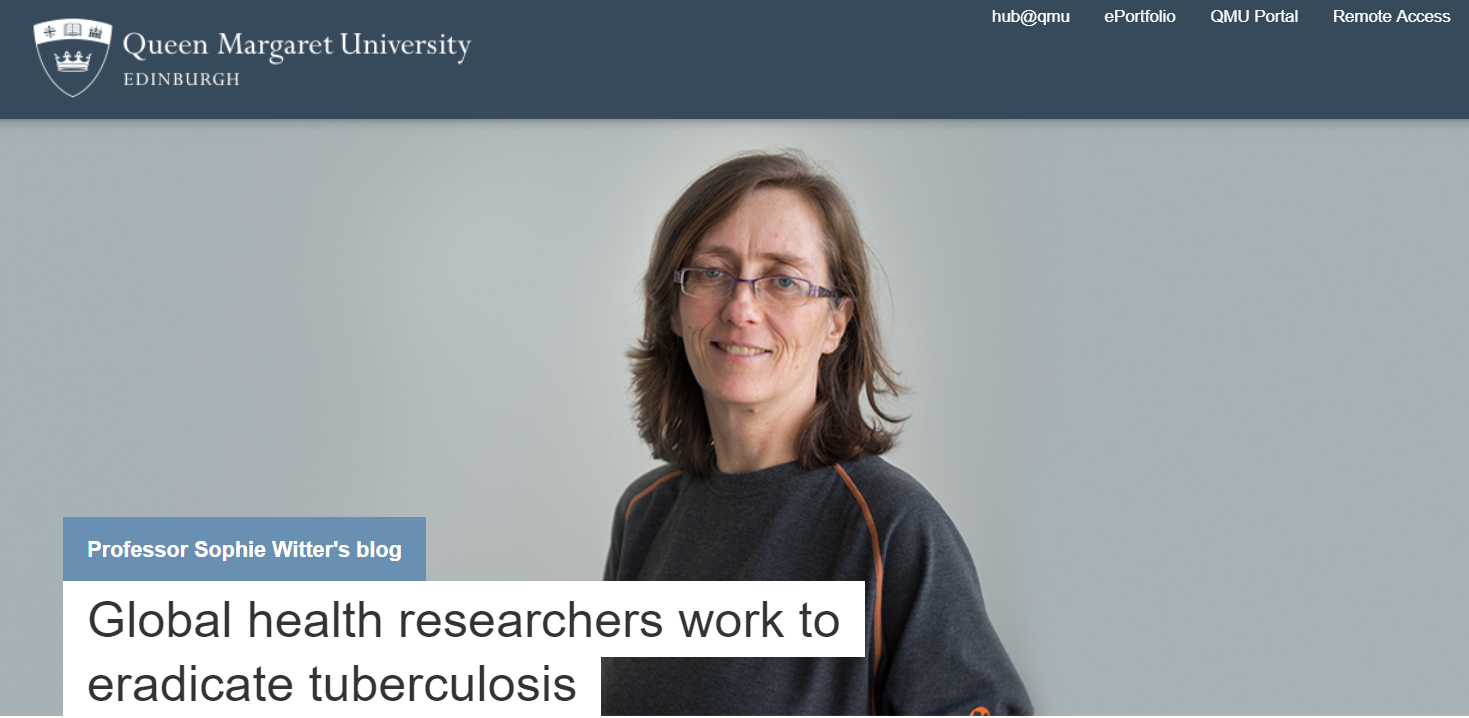Tuberculosis continues to be one of the world’s biggest killers and remains in the top 10 causes of death worldwide. It occurs in every part of the world, but over 95% of cases and deaths occur in developing countries. While TB has been declining globally in recent years, it is actually increasing in Europe, and the number of cases in Scotland is rising.
As a global health researcher, I am currently working to help improve tuberculosis (TB) treatment in Georgia, a former Soviet Union country.
Working together with my colleagues from Institute for Global Health and Development at Queen Margaret University, in partnership with colleagues from Curatio International Foundation, the London School of Hygiene and Tropical Medicine and the Institute of Tropical Medicine, Antwerp, we aim to identify ways to incentivize payment to healthcare providers in Georgia which should lead to improved treatment methods for people with TB. This research work, funded by the Medical Research Council, fits with the United Nations goal to end TB by 2039.
TB is curable through appropriate treatment, but patients failing to adhere to treatment has meant that TB bacteria have become resistant to the main drugs used. Drug-resistant TB (DR-TB) is much more costly and time-consuming to treat.
Georgia suffers from a high occurrence of TB with low treatment success. The government has therefore decided to roll out an incentive scheme for healthcare providers in pilot areas.
Visit Queen Margaret University website to read the full version >>





